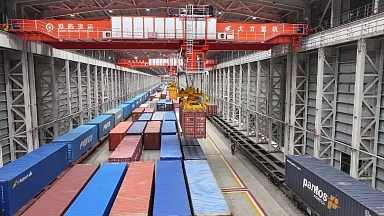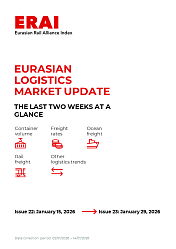Railway companies are ready to work with partners to deliver sustainable solutions in the transition to a carbon-neutral economy, the Community of European Railway and Infrastructure Companies (CER) said. Its Executive Director Libor Lochman said: «The European Climate Law should serve to trigger ambitious climate action that can take the EU forward on its greenhouse gas emission trajectory through accelerating the shift to sustainable mobility.
«By linking climate, energy and transport policies, we can effectively reduce the environmental footprint of transport and enhance affordable mobility at the same time. CER will be making concrete proposals to promote rail as the backbone of sustainable mobility throughout 2020.»
European Year of Rail
The Commission has also proposed today to make 2021 the European Year of Rail, to support the delivery of its European Green Deal objectives in the transport field. A series of events, campaigns and initiatives will promote rail as a sustainable, innovative and safe mode of transport. It will highlight its benefits for people, the economy and the climate and focus on the remaining challenges to create a true Single European Rail Area without borders.
«We very much support the Commission’s proposal to make 2021 the European Year of Rail. This will be the perfect occasion to showcase rail’s unbeatable advantages when it comes to modernising and greening Europe’s mobility sector», commented Lochman.



